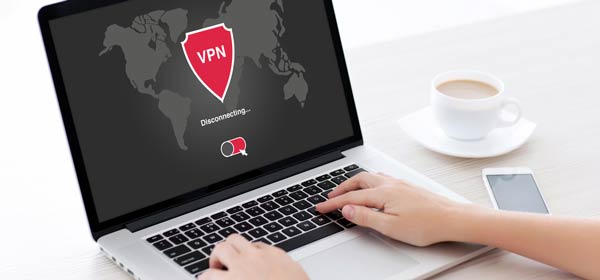Right now, your safety online has never been more important. Luckily, when it comes to security measures, you’re not short on options. And a VPN is your first stop.
A VPN, or Virtual Private Network, is a type of connection that enables you to access the internet securely and anonymously. Usually, you connect to the internet through your ISP (internet service provider, i.e. Telstra, Optus etc.) Everything you do online passes through your ISP servers, and can be viewed by your ISP. A VPN effectively blocks this. This is especially good when you’re using public wifi or an internet connection you don’t trust.
Why use a VPN
VPNs are simple tools that can be used for a variety of reasons. They were originally established to help people in business work online more safely, so naturally, they’re widely used in business and travel. In countries like China, where internet censorship exist, VPNs are a hugely popular service.
VPNs are also popularly used to bypass geo-blocked websites. Geo-blocking is a system that limits your access to the internet based on your geographic location. For example, rather than being universal, Netflix is a separate service from country to country. So, if you want to use your Australian Netflix account overseas, a VPN will enable you to do this.
Things to know about using a VPN
The following lists the benefits and the consequences of setting up a VPN:
Increased privacy: since all data is encrypted, your ISP won’t be able to see what you get up to online or know which websites you visit. It will only see that you are connected to the internet.
Guaranteed anonymity: VPN services run servers in countries all over the world. If your VPN is located in a different country to you, then it will look like you are in that country. Anyone attempting to monitor your internet activity will only be able to trace it back to the VPN server.
More trust in VPN: because your VPN provider can see your activity on the internet, you’re basically shifting trust away from your ISP (which is not active in protecting your privacy) to your VPN provider, which should be invested in your privacy.
Slowed internet: You can think of a VPN as adding another leg to the journey of your internet browsing in the name of safety. Because encrypting and decrypting data requires more processing power, this can cause your internet to slow down, but only by a fraction.
Where do I start?
VPNs are a paid service, and like any other service you should do some research before signing up to any of the huge number of VPNs available on the internet. Some factors to consider include: price, speed, privacy, software useability, customer support and the number of servers located around the world that you’ll be able to access.
Why not take this quick quiz to find out which VPN will best suit your needs?
Related articles:
Shopping safely online this Xmas
Antivirus – free vs. paid
Five tips to protect online privacy

